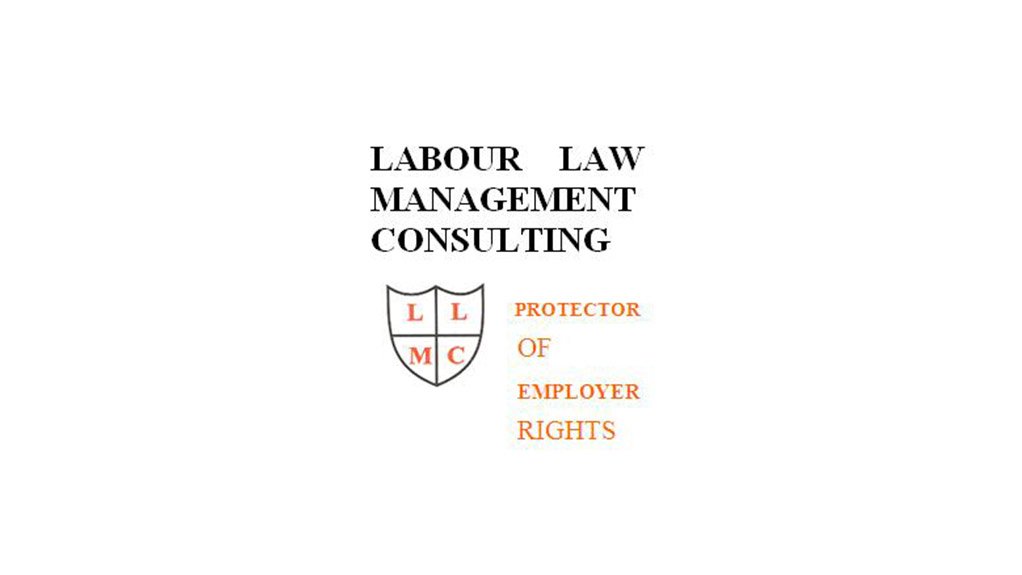Section 197 of the Labour Relations Act (LRA) forces the new employer who takes over the business (or part thereof) of another employer as a going concern to take over all the labour related obligations of the old employer.
The term “business” in this context includes all employers be they profit-making or non-profit, unionised or not, private or government.
However, section 197 of the LRA does not clarify which takeovers are going concern takeovers and therefore does not tell the parties whether the new entity must or must not comply with this section. We have therefore offered below our view as to what circumstances would be likely to characterise a merger or takeover as the transfer of a going concern.
- Where the transfer agreement itself labels the takeover as ‘a transfer of a going concern’ this would be significant.
- Where the new entity took over the assets of the old entity this would indicate a section 197 transfer.
- Such a takeover would also be likely to qualify if the new undertaking served the same clients or the same client market as did the old undertaking.
- Where a section of an undertaking is transferred this could also qualify as a takeover of a going concern even if that section was not a very distinct and recognisable entity in the legal sense of the word. In SAMWU and others vs Rand Airport Management Company (Pty) Ltd & others (2002, 12 BLLR 1220) the Labour Court found that the transfer of part of an employer’s structure that did not comprise a recognisable entity did not constitute the transfer of a going concern. However, the Labour Appeal Court later overturned this decision.
- Even when the running of the enterprise or part thereof is merely outsourced to a contractor this might constitute the transfer of a going concern. In the case of NEHAWU vs University of Cape Town & Others (2000, 1 BLLR 803) the Labour Court found that the outsourcing of the university’s cleaning, maintenance and gardening functions did not constitute the takeover of a going concern because the university did not transfer its equipment and other assets to the contractor and because the outsourcing was not of a permanent nature. However, the Constitutional Court later overturned this decision.
Previously it could have been very good business for contractors or other enterprises to enter into a take-over deal. However, under the new and very restrictive interpretation of the law, the potential advantages of takeovers have become very much more uncertain.
This means that would-be buyers of businesses as well as contractors looking to take over catering, security, cleaning, construction and other services do not know if they are coming or going. Due to these concerns such employers should not enter into takeovers before consulting reputable experts in the labour law field. Our experience is that employers have found to their cost that going it alone is far more costly than getting the right advice.
To attend our 27 July seminar in Johannesburg on DEFEATING THE DANGERS OF DISMISSALS please contact Ronni via ronni@labourlawadvice.co.za or 0845217492.
EMAIL THIS ARTICLE SAVE THIS ARTICLE ARTICLE ENQUIRY
To subscribe email subscriptions@creamermedia.co.za or click here
To advertise email advertising@creamermedia.co.za or click here











